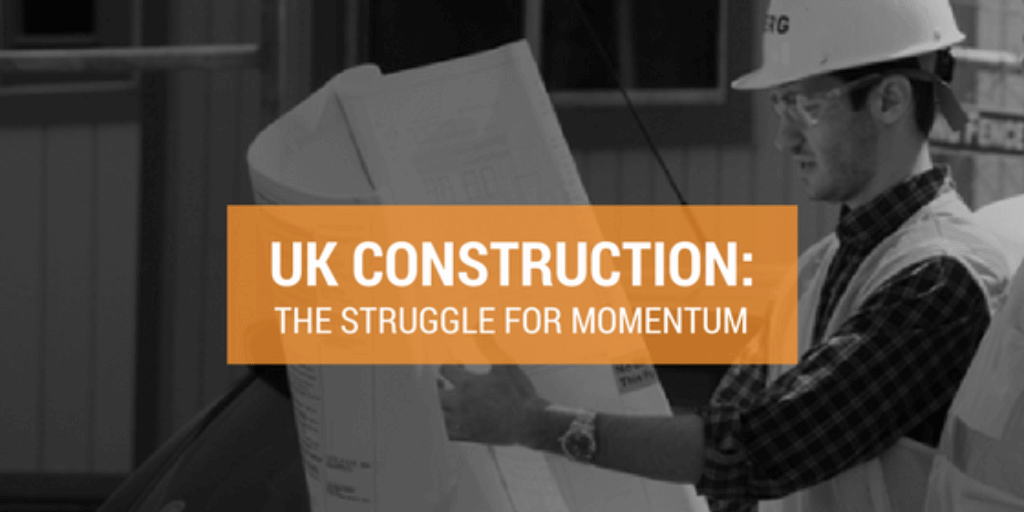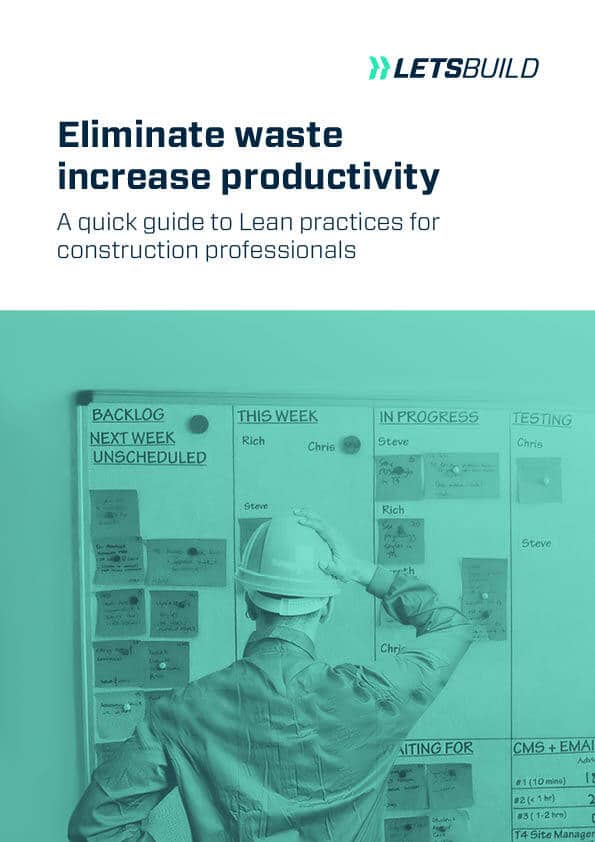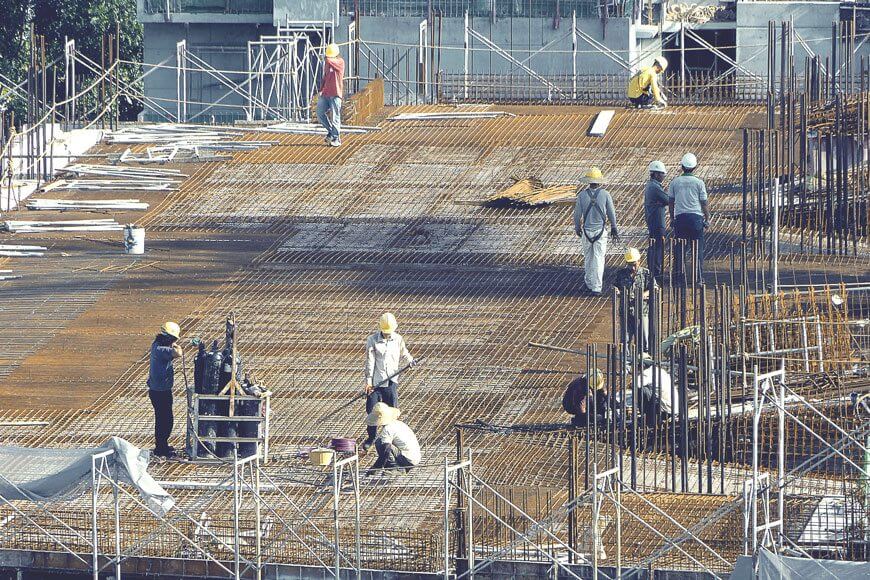The nature of UK construction is adversarial. This is what you often hear about the construction industry. We had no problems agreeing that UK construction industry has to face a number of difficulties. During our combined working life we have seen more than enough! QSs, design teams, PMs, main contractors and subcontractors, all having a right old go at each other over money. After that it’s Arbitration and that’s often followed by a trip to the Courts.
![]()
But, we believe that this is more of a UK construction culture thing (or maybe better to say a UK contract style thing, since you also see the same in the Middle East, Australia etc). After a good look at the construction culture in the U.S., France and Denmark, we noticed that these countries have much more of a consultation and cooperation culture.
The Problematic Nature Of UK Construction
In the UK we had the Post-War regeneration period when we had to construct a lot of new buildings, particularly houses, in a hurry. To accelerate the process the Labour Government of the day produced various pieces of Legislation to help clients, particularly Local Authorities putting up Social Housing, to get the country back with roofs over our heads.
According to economists, the situation that was created had mainly the following characteristics:
a) Any potential construction client was an effective monopoly.
b) Any party tendering for any part of the works was an effective free market.
c) Construction clients exploited this to drive their costs down, especially at the expense of their contractors.
Because of this, we saw the “invention” of the Quantity Surveying role. One of their primary functions was to try and make a profit for their employer, be that the main or subcontractor. It was this function that helped to foster this adversarial culture.
Many UK construction clients – and main contractors have carried on in this same mindset through to the present day. Many of the recent and well known industry initiatives, such as Latham and Egan Reports, have focused on trying to tone down this culture.
The Need For Change In The UK Construction

There’s no doubt that it’s time for an essential change in the UK construction. More specifically, there is an acute need for opening up the industry and allowing for new practices and mindsets to enter. The most prominent issues that have to be addressed during this big cultural shift of the UK construction could be summed up to the following:
Reducing the Waste of Resources
The higher the inefficiency during the construction process, the greater the waste of valuable resources. The UK construction industry has a lot of problems in avoiding fragmentation and being efficient. This lack of a unified policy results in a huge waste of money, time and materials.
Returning Value to the Clients
Putting together a building structure that will be able to bring significant value back to its residents and inspirers isn’t easy. However, it’s manageable through an effective building process and a smart design.
Encouraging Integration of the Building Procedure
The UK construction is already moving toward that direction with the pushing of the BIM mandate. Working in a fully-integrated environment will hopefully provide great help against the UK industry’s adversarial behavior. When everybody has access at every piece of information at any time, it’s easier for all the parties to cooperate more better and more efficient.
Lowering the Number of Disputes
Disputes are a prominent problem of the UK construction at the moment. This partially is an outcome of its fragmented nature, as it was stated prior. The numbers are revealing that UK construction is bleeding money and valuable resources due to unnecessary disputes. Only for 2015, an amount of 25 U.S. $ millions were spent on disputes within the UK construction industry. If we also consider that the average length of every dispute was up to 10.7 months, it becomes apparent that something has to change quickly.
The Industry’s Success Concerns All of Us

Keeping in mind the reasons presented just above, we could say that probably the most important is the need to increase both efficiency and quality in the UK construction industry. Afterall, everyone involved wants (or should want at least) to do a good job and to achieve a successful outcome for their business in the end of the day. In a nutshell:
The Client
Starting from the client, s/he will be happy if s/he gets a building which is finished on time, is up to the quality required and is, of course, within budget.
The Design Team and Consultants
They will be happy, if they secure their fees for the projects and if the client and project team wants to work with them again.
Check out also: Modernise or Die: The Need for Change in Construction
The Contractor and Subcontractors
Regarding the contractor and the subcontractors, they will be happy if they receive their money on time, secure a good profit and ensure that the project team, their workers and most importantly, the client, wants to work with them again.
It’s quite obvious, then, that all parties have a lot to benefit from, if they complete a project, and were a part of a team, that they can all be proud of.
How To Tackle The Common UK Construction Restrictions
The 2016 Farmer review on the UK Construction Labour Model presented in a very descriptive way how we could achieve this vital change. According to Farmer, here are the steps that the UK industry has to take:
Welcome new technologies
It’s no secret that the construction industry is, in general, extremely slow to change. It’s regarded as a quite traditional field. Nevertheless, this has started to change during the last years. By embracing innovative technologies, the industry has a strong chance to revive and change drastically the construction management process.
Enhance Collaboration
Limitless collaboration and eventually full integration are fundamental parts of construction’s future. The BIM Mandate is a very brave and convincing step toward this direction by the UK government. Building Information Modelling is already changing the industry and its impact is expected to be even more noticeable in the near future. The attainment of full integration in construction project processes is the new ambitious goal for the industry.
Increase focus on Development and Research
Investing in R&D is surely the way that UK construction should follow. It may be a demanding and long procedure but its outcome can offer significant benefits for the future of construction in the United Kingdom.
Actively combine new and old techniques
Clearing the path for new technologies doesn’t mean that every little old habit within the industry has to go. To the contrary, the big challenge is to find the proper manner in which the new could come together with the old effectively. This point is inextricably connected with the introduction of BIM in the UK construction. A smooth transition from partial collaboration to full integration is a challenge of vital importance for our industry.
Establish strong guidance
Nothing of all the above will be possible, though, without strong leadership. The state has to join forces with the construction agents in order to elaborate a functional plan. Clients should definitely be part of this discussion, as well. This need for so many different parties to come together and create the future of construction is the most convincing sign of the industry’s multidimensionality.
The Importance Of The National Infrastructure Plan
Some truly positive news concerning the advent of a new era in the UK construction come from the National Infrastructure Delivery Plan that got announced last year. The plan covers the period from 2016 to 2021. It focuses on the goals that the United Kingdom has set regarding new investments on infrastructure.
The new plan will most possibly have a very positive impact on the future of the construction industry. More than 700 infrastructure programs and projects are anticipated to be conducted during these five years. The total number of the investment will exceed £500 billion. It will concern projects and programs of societal value both in the public and the private sector. With that in mind, it’s clear that the UK construction industry has a valuable opportunity. It is its time to evolve and optimize its processes. New technologies, and especially BIM, should unquestionably be a valuable ally in this effort.
Conclusion
The UK construction has a long and fairly challenging way ahead. The endeavor for a more inclusive construction industry with focus on full project integration has just begun. GenieBelt’s ambition is to become part of this effort and simplify a lot the construction project management process. If we work hard, we can all achieve a successful outcome and start promoting more pride in the work we all do in construction.




